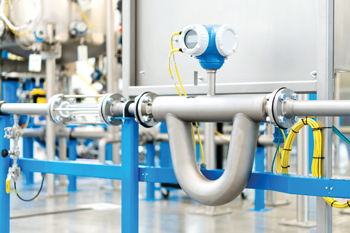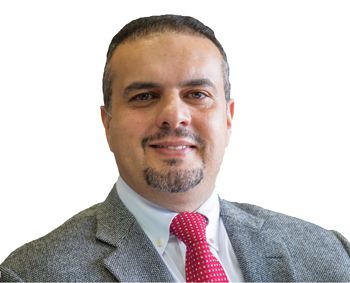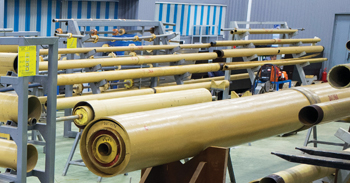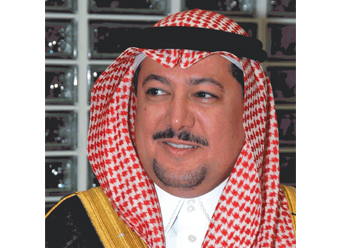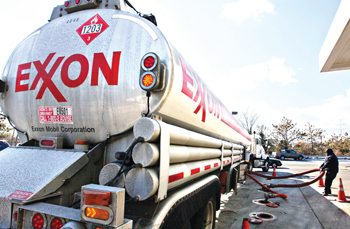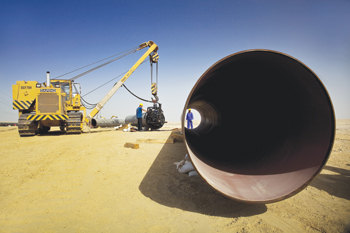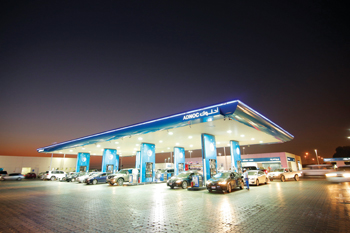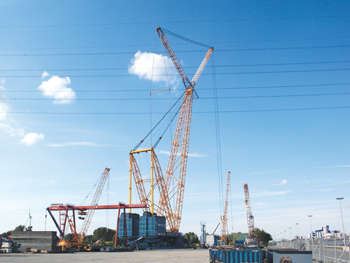
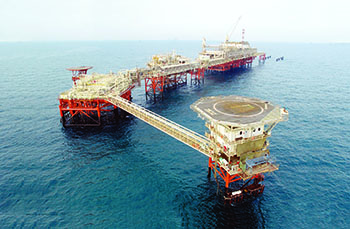 The Zakum field
The Zakum field
Beyond 2018, the expansion of the offshore Upper Zakum field to 1 mbpd will be a key part of sustaining the 3.5 mbpd capacity level. The field has already reached about 750,000 bpd under the first phase of the development
Abu Dhabi National Oil Co.’s head of upstream operations is confident the company can reach its target of boosting production capacity to a sustainable level of 3.5 mbpd in 2018, up from just over 3 mbpd currently, and is planning further capacity additions in the future.
Speaking to journalists at a briefing at the company’s headquarters, Adnoc’s upstream director Abdul Munim Al Kindy says the company was on track to hit the target, and to sustain this level into the future.
'Our efforts will not stop there. We are developing capacity, even if we don’t need it, to take advantage of the cyclical market,' he says.
'There may be a need to sustain 3.5 mbpd. But we need to build capacity to cater for disturbances in the system, especially since we are fully integrated with the downstream,' he added. Kindy’s briefing followed the annual meeting of Abu Dhabi’s Supreme Petroleum Council—the emirate’s highest hydrocarbon policy body—, and its approval of a Dh400 billion ($109 billion) capital spending plan for the next five years. Around 60 per cent of the budget will be given to upstream projects.
Beyond 2018, the expansion of the offshore Upper Zakum field to 1 mbpd will be a key part of sustaining the 3.5 mbpd capacity level. The field has already reached about 750,000 bpd under the first phase of the development, Kindy says.
Adnoc announced earlier this month that it hopes to reach 1 mbpd capacity at Upper Zakum by 2024 under an agreement with ExxonMobil and Japan’s Inpex in which the oil companies were granted a 10-year extension at the concession to December 31, 2051.
The company has separately says it will increase production capacity at its onshore Bab field by 7 per cent to 450,000 bpd by 2020 as part of its planned upgrading program at the maturing field.
Abu Dhabi’s long-held targets hinge on new additional capacity coming from the main offshore concessions, and it is currently engaged in talks with a number of international oil companies for the key Abu Dhabi Marine Operating Co. concession which expires in 2018.
The current shareholders are BP (14.67 per cent), Total (13.33 per cent) and Japan Oil Development Co., or Jodco (12 per cent). Adnoc holds the controlling 60 per cent stake.
Adnoc has made it clear it is looking for partners to contribute technical expertise and co-develop new technologies, as well as the potential for co-investing strategically in the value chain.
But to date, details of how Adnoc plans to award the concessions have been difficult to come by.
The offshore fields each have their own challenges as well as opportunities, Kindy says.
'We could gain a lot from integrating Upper and Lower Zakum for example,' he says.
However, he was tight-lipped on exactly how Adnoc plans to break down the fields into concessions, saying only that the offshore fields would be separated into at least two new concessions. Nor would he give any hint on the potential partners.
'We are taking a value approach, rather than a partner approach,' he added, meaning the incumbent partners may not necessarily have any advantage.
'We are oversubscribed on every one of them. It’s a nice problem to have. We are well-placed to conclude in January 2018,' he added.










































































.jpg)
